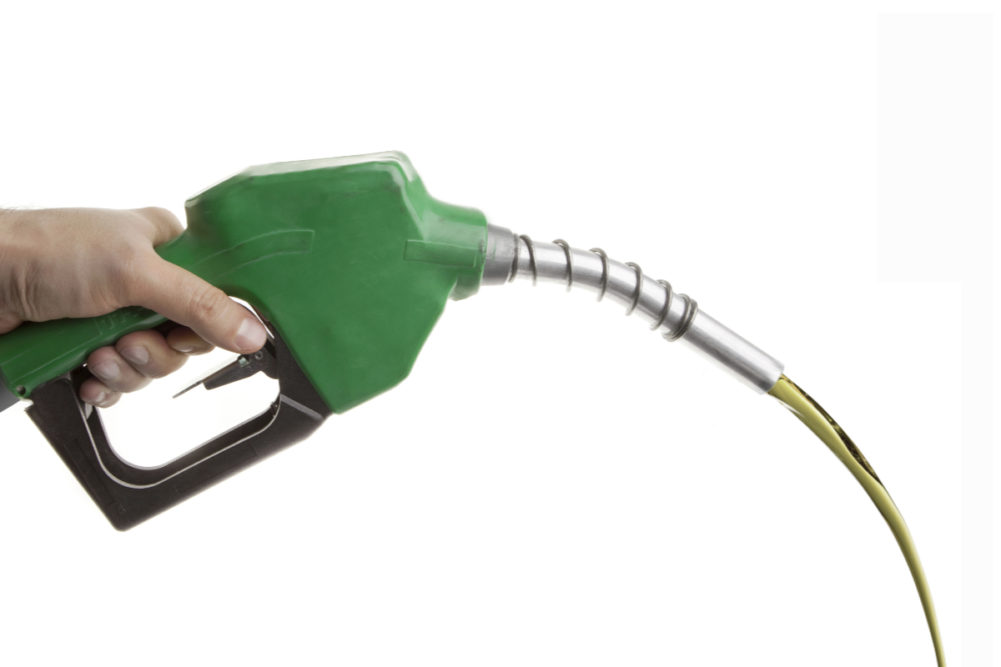LONDON, ENGLAND — Global ethanol production is likely to fall to 2013 levels and may not recover until 2022 as demand plummets due to the coronavirus (COVID-19) pandemic quarantine measures, said Brian Healy, director of global ethanol market development, US Grains Council, during a webinar sponsored by Global Grain.
Government policies will be key to help expand demand, but the pandemic has delayed implementation in many countries as leaders focus on containing the virus and the health of their people.
“About half of the US industry is offline or undercapacity,” Healy said. “There’s some recovery in China and a few states in the US are opening up, but demand for gasoline and ethanol is still falling in major gasoline markets, including the US, the EU and India.”
Prior to COVID-19, global ethanol production had been steadily increasing from about 90 billion liters in 2013 to 115 billion liters in 2019. Now, production is expected to drop 20% overall back down to 2013 levels. By 2022, Healy estimated production could reach about 110 billion liters.
In the United States, weekly ethanol production is down 49% and stocks are up 16%. Storage pressures are weighing on the industry globally and the ability to get production back online. It is likely additional production will come offline, he said.
China’s ethanol demand is still expected to increase in 2020 but at a lower rate. Demand in 2019 was 5.7 billion liters and 2020 demand was expected to increase by 1.3 billion liters.
Demand is down as rollout of the E10 mandate is slowed, Healy said. Multiple factors contributed to that, but not necessarily COVID-19, including easing of corn stocks and lack of access to products from the United States.
Corn ethanol production in Brazil is a new industry. It now has 5.5% of the market, and uses 3.4 million tonnes of corn, Healy said.
Ethanol sales in that country were down by a third, which is largely weighing on the sugar sector. That sector is facing other challenges, including taxes and bankruptcies.
While overall demand has declined, corn ethanol will not face as much pressure as the sugar sector, Healy said.
“Corn is eyeing expansion,” he said. “It’s looking at a 20% market share over the next eight years,” bringing total corn ethanol production to 8 billion liters.
Global ethanol trade in 2019 declined due to market access barriers and a sugar price decline that weighed on Brazilian demand. That downward trend will continue into 2020 with fuel demand loss in the top export markets of Brazil, Canada and the EU driving the decline, Healy said.
Beyond 2020, policy implementation will be key in expanding demand, Healy said. More than 65 countries have biofuels policies in place, and in the last two years, 13 have announced significant expansions. However, like in China, implementation is now being delayed.
Canada has a national policy calling for 15% renewable content by 2025. Implementation of the policy has been delayed from spring 2021 to fall 2021. Political turmoil has delayed Bolivia’s plan, which calls for the use of E25 by 2025 and the Philippines, which was looking at a 20% blend this year, is now considering 15% or further delaying the 20% blend on an unspecified timeline. Vietnam has pushed back its 10% requirement from this year to 2021.
“We’ll see if these policies still have talking space within the crisis that is COVID-19,” Healy said.
Several factors will weigh on ethanol post COVID-19, he said, including the reaction should there be a second wave of infection as things reopen. A much swifter reaction is likely, he said, which will weigh on gasoline and ethanol demand.
Readjusting to social proximity could also be an issue. After being told to stay six feet apart, people may have difficulty going back to work or using public transportation, all of which would weigh on fuel demand.
Other factors include global unrest from unemployment, deferred payments, access to fiscal support and food access; bankruptcies and consolidations of ethanol facilities; and pressures on feedstock producers who have to maintain quality as contracts from ethanol plants are canceled.
Follow our breaking news coverage of the coronavirus/COVID-19 situation.





